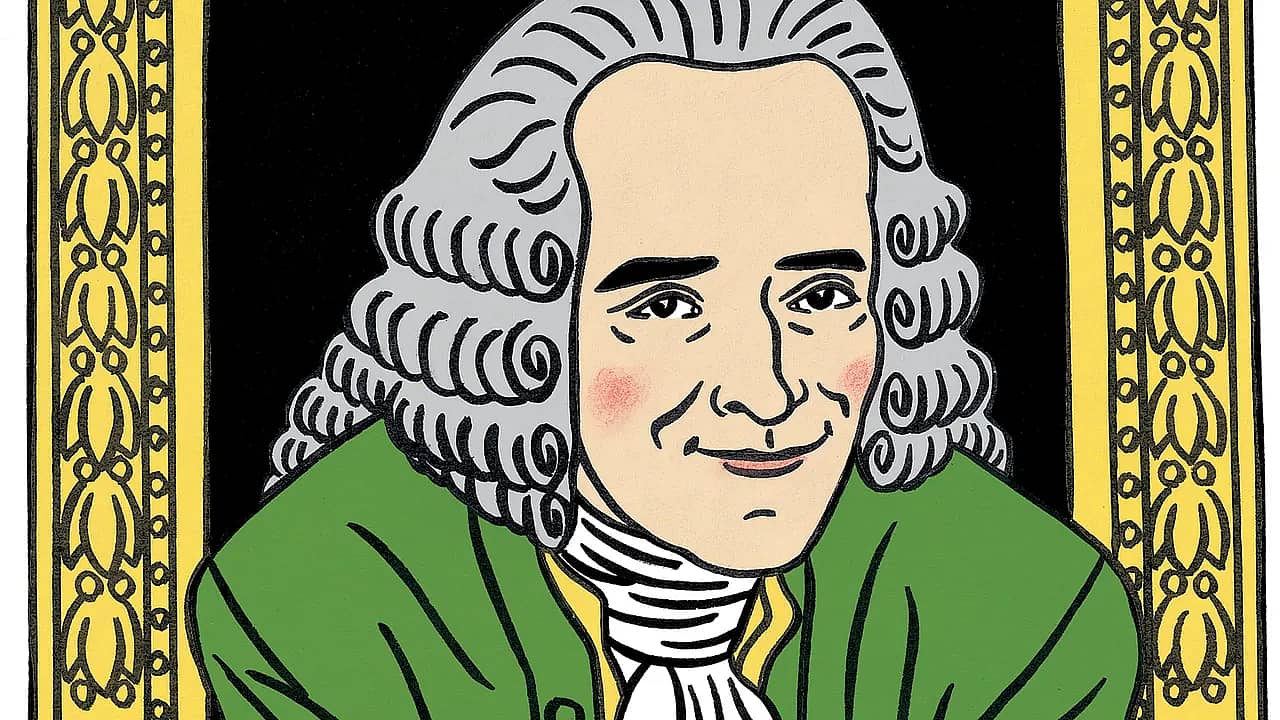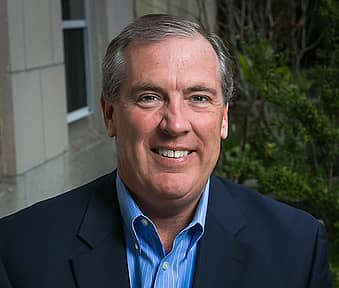Living Our 2024 Theme: Four Ways I Commit to “Cultivating Our Garden” This Year
Each year at McMillan Education we collectively embrace a theme to inspire our work with our students. In 2022 we adopted the Fish Philosophy, where we brought to our work the same fun-loving, fish-flinging passion the happy fishmongers do at the famous, chaotic Seattle Fish Market. Last year we committed to Run to the Roar, jumping headfirst into the difficult challenges our students and parents faced, many due to COVID.
This year we are adopting the Cultivate our Garden theme for our work guiding students, and each of us will blog about how this mantra inspires us. So I’ll kick it off.
“This is the best of all possible worlds!” innocently proclaims Candide, Voltaire’s itinerant Enlightenment hero the moment he sets off from the fictional Château of Thunder-ten-Tronckh to face the challenges of the Old then the New World in the satirical novella, which has spawned not only a Broadway musical and numerous films but 265 years of cryptic interpretation.
Wide-eyed Candide somehow maintains his youthful optimism despite passing through a gauntlet of Job-like catastrophes, both brutal man-made vices–warfare, greed, slavery, Inquisition –and apocalyptic acts of God – earthquakes, shipwreck, disease, famine.
Is Candide simply clueless in his relentless idealism in the face of inevitable evil? Or does he reach a wise epiphany at the tail end of his dervish-like voyage around the world?
In the concluding chapter, our hero settles down in a modest farm in Turkey with his disfigured first love, his tutor, and a couple other dear friends who joined him along the way on his intercontinental road trip. Candide and his loved ones collectively come to a realization about the only way to deal with the litany of vices they have survived: Il faut cultiver notre jardin. We must cultivate our garden. They end up chilling on their little plot, taking care of each other, and working the soil to foster fruits, vegetables, plants and flowers.
We must cultivate our garden strikes me as one measure of stoicism and one measure of Zen. The realistic compromise allows Candide and those closest to him to attain a contentment greater than that of the unfulfilled inhabitants of Eldorado, the utopic village he visited with streets paved with gold, and beyond that of the unhappy kings and dissatisfied lords and fussy sultans who hosted them. Candide achieves his inner peace by focusing on loving relationships and tending to his modest garden, deciding what to nurture, where to weed, what to pull up, and which new seeds to plant.
I’ve revisited this philosophical work many times. Candide is one of only three books I taught in both AP French Lit and AP English Lit. So what can Candide teach me – and us – as we enter a year riddled with warfare, antisemitism, intolerance, and political polarization?
I resolve to Cultivate our Garden four ways this year:
1) I’ll foster the growth of my incredible fellow educators here at McMillan Education, both our tremendous group of leaders, and the hands-on practitioners that Sarah and I have hired as they each live our team’s mission of finding the right fit for each student, and advocating for each child’s needs. Likewise, in 2024 I look forward to enriching the institutional relationships we have seeded with some international schools looking to send their students to the right campuses in the States.
2) Likewise, I’m going to care for my immediate loved ones à la Candide, supporting my wife (and business partner!) Sarah in her goals of conquering a Spartan Race in Italy, where our oldest son now lives, and in refining her language skills (which are already très impressionant) in France, our former home and current vaca spot. I’m also going to perform the subtle parenting act of supporting two adult children, and visit their loving godparents.
3) I’m making a commitment to tend to my own garden – meaning my health and well-being – through mindfulness, reading, and exercise, and by continuing to explore and learn. I’ve resolved to try out new, healthy, fish stew recipes, learn Spanish through Duolingo so I get can around solo a bit more on my work trips there (up to now I’ve been hanging on my Spanish-speaking colleague Tony’s coattails!), and pick up playing the acoustic guitar (or at least enough to play a Tracy Chapman song). And like every other year, I’m eager to revisit school and college campuses, in North America and Europe.
4) Finally, the most important garden I want to cultivate is the individual garden represented by each student entrusted to us by their parents. Providing educational guidance is an awe-inspiring privilege. It’s also life-giving: Having spent 35 years educating kids, first in classrooms and dorms, and on fields, and then in this educational consultancy, I feel as energized as Candide the day he set off on his odyssey – or as Peter Pan taking flight. And though I didn’t make it to every exotic locale that Candide did – Lisbon is on my bucket list (without an earthquake) – this job has allowed me to give talks about US education schools in cities he did visit, like Constantinople (now Istanbul), Paris, and London, and on four continents. More broadly, since students from over 65 countries have engaged us to find the best fit here in the States, I’m convinced, despite some of the depressing developments in recent months, that US residential college and boarding school campuses serve as incubators for positive international collaboration – or, to continue the botanical trope, our campuses thrive as fertile gardens of thought.
Ultimately, my career with kids (and my 32 years as a parent) has led me to humbly and passionately argue that the hope and optimism provided by these children and adolescents will, with the proper guidance and nurturing, bring greater prospects for prosperity to our contemporary world, which faces many of the same chronic threats as Candide’s. Creative and critical young thinkers who can collaborate with peers from around the world can take part in fresh, diplomatic negotiations to quell the warfare and intolerance that many of our adult leaders have poisoned us with as we enter 2024. These same students can grow to propose creative solutions to contemporary crises like catastrophic climate change, which threatens our entire global garden.
Sustainability and peace lie in the hands of our students, whose flowing, English gardens we have a duty to cultivate. Merci beaucoup, Candide.


